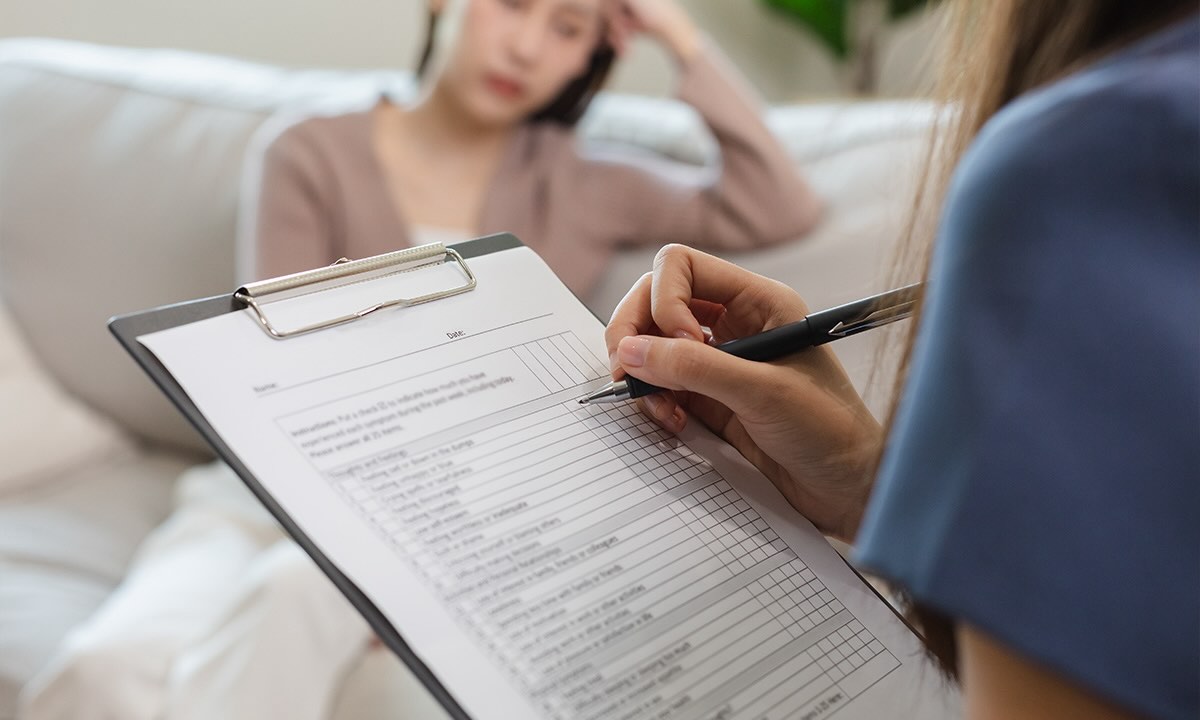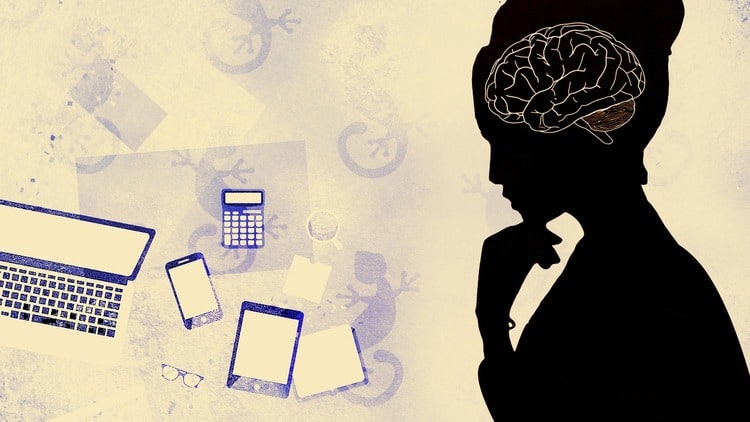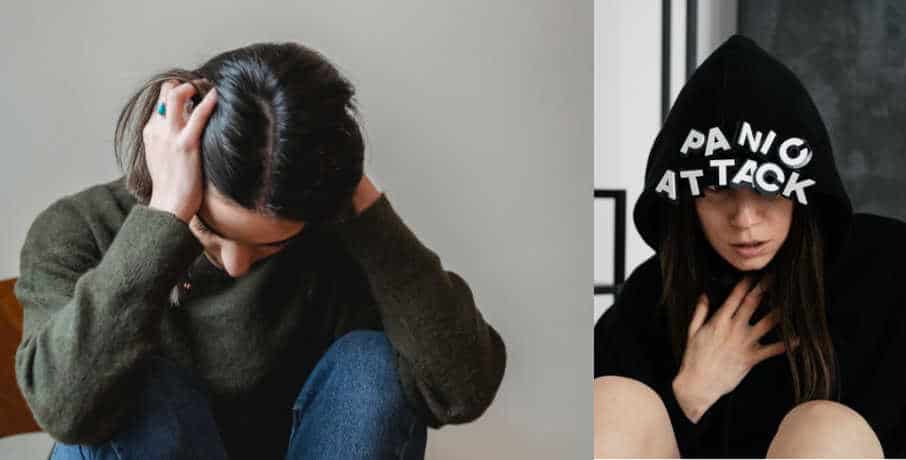The year 2020 has brought enough stress to all of our lives, and no one exactly has a playbook for coping during a global health crisis that goes on this long. At Arcara Psychiatry, we want to help our clients to learn healthy strategies that can be used coping during COVID-19, and in the stress that arises in day-to-day life.
Unhealthy coping during Covid-19
Let’s begin by talking about unhealthy strategies that it is far too easy to turn to during times of unrelenting stress. We all have some form of unhealthy coping strategies formed during stressful times in our lives, and falling back to these old comforts coping during COVID-19 can be tempting, even when we know they are unhealthy.
Stress eating
Comforting yourself with a small bowl of ice cream after a tough day is probably okay, but does that turn into half the tub more often than you would like to admit? Stress eating is a common way we attempt to change the way we feel in a situation, but when the stress is ongoing, it can have ramifications on our health and our body image.
If you find yourself stress eating, either eating too much, or making poor food choices, find a healthier way to comfort or reward yourself. The best option would be to take a walk somewhere that relaxes you. You could also indulge in a gripe fest with a close friend, binge-watch something distracting on TV, or whatever else helps you unwind.
Changes in sleeping patterns
Stress affects both the quality and quantity of our sleep, and good sleep is crucial to healthy mental functioning. If stress over the coronavirus, its impact on your finances or job security, or worry over someone you care about who is vulnerable to the virus is interrupting your sleep patterns, it is time to get serious about sleep hygiene. Breaking the cycle is crucial because it is a cycle that feeds itself. Too little sleep makes us prone to stress, and stress keeps us from getting enough restful sleep.
Sleep hygiene practices to help restore a good night’s sleep:
- Meditation—meditation has been shown to have many health benefits, including reducing insomnia. Leave time for meditation in your usual nightly routine.
- Avoid caffeine and other stimulants from the early afternoon onward.
- Stick to a consistent sleep schedule so that your body can adjust its circadian rhythm. However, do not lay in bed and toss and turn for more than twenty minutes. If you are unable to go to sleep during that time, get up, have a glass of milk if you like, and do something calming like reading until you feel sleepy.
- If none of these help and sleep issues are impacting you mentally or physically, reach out to your health care provider to discuss your problems with sleep.
Use of substances such as alcohol or tobacco
Nicotine creates an immediate sense of relaxation for those who use it, even if it is a false sense of relaxation. In a time when everyone is feeling increased stress, it can be easy to fall into old habits. If you have quit smoking, but are tempted to restart, or have dabbled with smoking, you are feeding your stress.
The same can be said for alcohol. Alcohol produces psychological and physiological stress on the body. So while we may think that it helps us relax, in truth, it is creating more stress. Relying on alcohol to reduce stress when coping during COVID-19, especially when stress levels are high for a prolonged period, can lead to a dependence on alcohol, or the development of a drinking problem.
Healthy Ways to Cope With Prolonged Stress
Prolonged or chronic stress has a myriad of potentially harmful side effects, both psychological and physiological. The coronavirus, financial concerns, worry for our children and relatives, are all contributors to chronic stress. To combat chronic stress, you will have to make mindful attempts to find healthy ways to reduce that stress. These can include:
- Shore up your social support system. One of the hardest parts of the coronavirus is that it has isolated us from our usual support systems. Utilize technology to stay connected with friends, family, and other people who are part of your regular support system.
- Get enough physical exercise. You have heard it time and time again, but physical exercise releases feel-good chemicals in our brains, reduces stress, and helps improve our overall health. All of those things help combat stress. Make time for things that bring you pleasure. Whatever you enjoy doing, whether it is reading a great book, coloring in adult coloring books, rocking your toddler to sleep at night, or listening to podcasts, make time for those things in your life. Stress works to steal the pleasure from our lives. Fight back by making things you enjoy doing a priority in your life, even during chaotic times.



